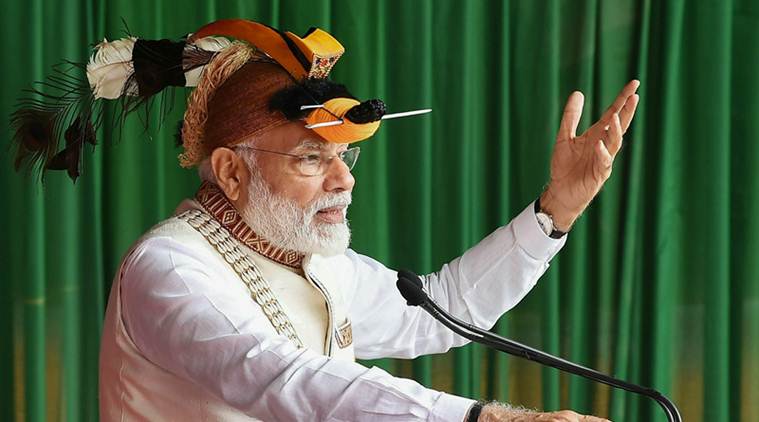
With China “firmly” opposing Prime Minister Narendra Modi’s visit to Arunachal Pradesh, India asserted the state is an integral and inalienable part of the country. New Delhi also said Indian leaders visit Arunachal Pradesh just as they visit other parts of India.
Beijing has raised similar objections in the past to Indian leaders visiting the state, and New Delhi has stuck to its consistent position. On Saturday, the Ministry of External Affairs’ official spokesperson Raveesh Kumar said, “The state of Arunachal Pradesh is an integral and inalienable part of India. Indian leaders visit Arunachal Pradesh from time to time, as they visit other parts of India. This consistent position has been conveyed to the Chinese side on several occasions.”
Earlier in the day, China said that it has never recognised the sensitive border state and that the Indian leadership should refrain from any action that may “complicate the boundary question”.
Prime Minister Modi Saturday inaugurated and laid the foundation stones for projects worth over Rs 4,000 crore in Arunachal Pradesh and said his government was laying a lot of emphasis on improving connectivity in the border state.
In response to a question on Modi’s visit, Chinese Foreign Ministry spokesperson Hua Chunying said, “China’s position on the China-India boundary question is consistent and clear-cut. The Chinese government has never recognised the so-called ‘Arunachal Pradesh’ and is firmly opposed to the Indian leader’s visit to the East Section of the China-India boundary.”
“China urges the Indian side to bear in mind the common interests of the two countries, respect the interests and concerns of the Chinese side, cherish the momentum of improvement in bilateral relations, and refrain from any action that may lead to the escalation of disputes or complicate the boundary question,” she said in her reaction posted on the Chinese Foreign Ministry’s website.
China claims the Northeastern Indian state of Arunachal Pradesh as part of southern Tibet. India and China have so far held 21 rounds of talks to resolve the border dispute.